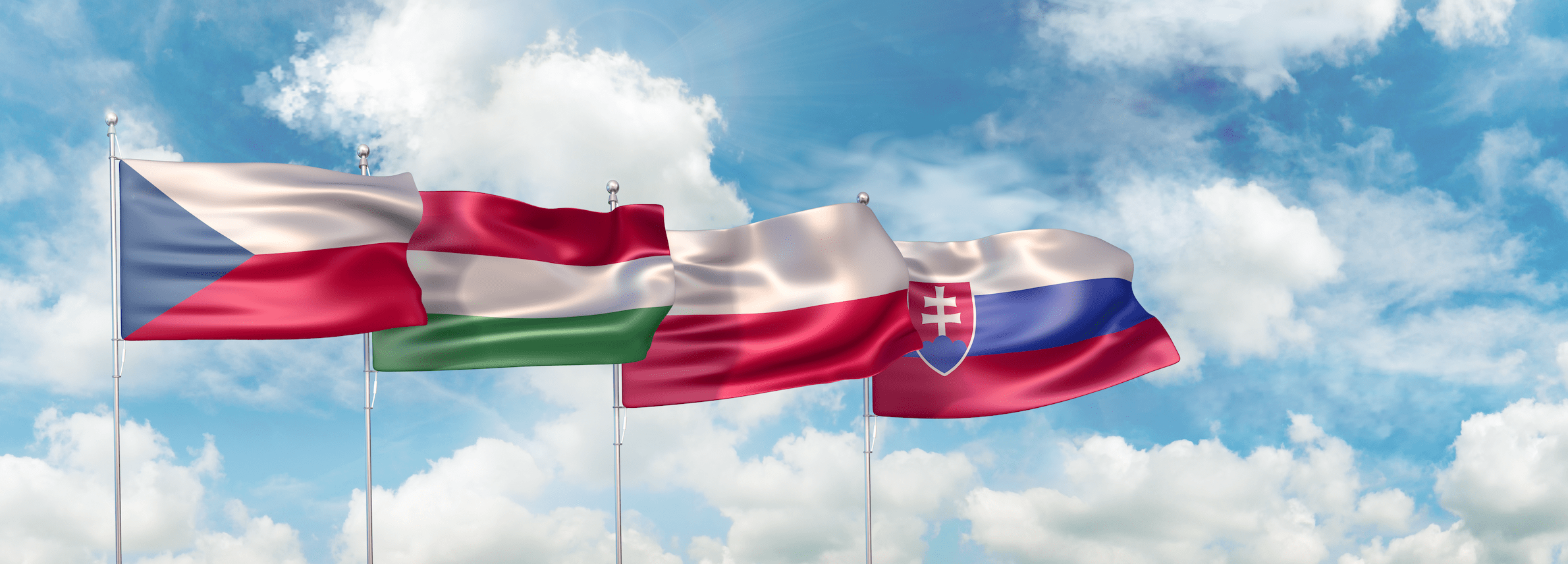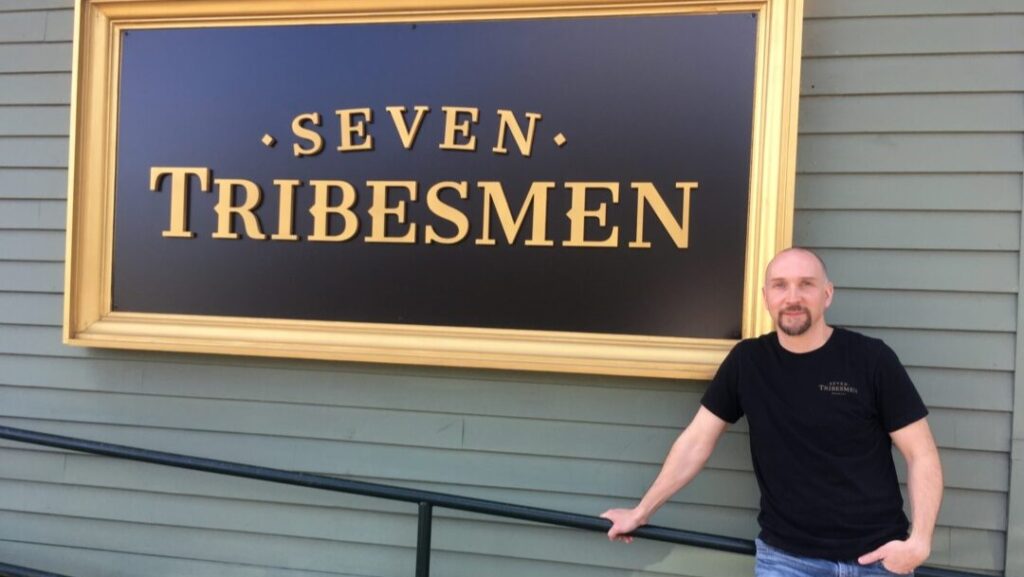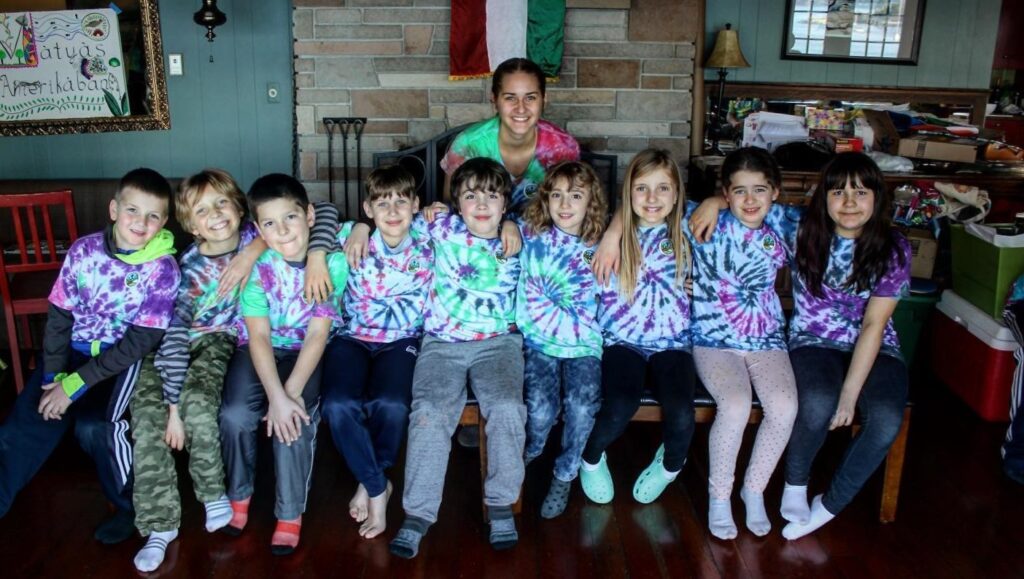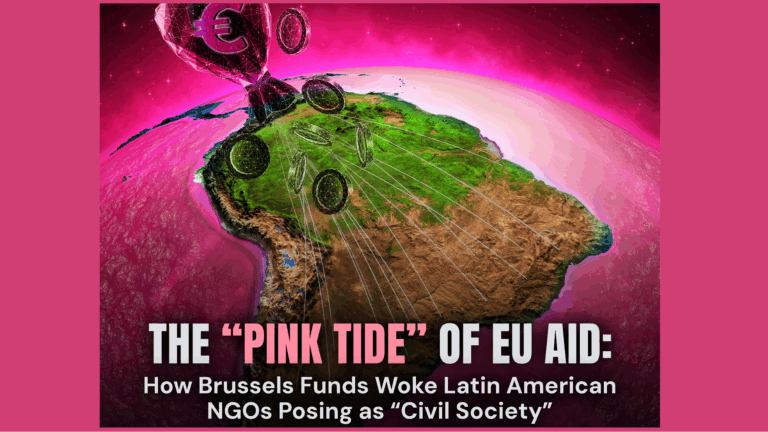Over the past thirty years, the Visegrád Four has become a political and economic policy-shaper group both within the European Union and worldwide. In addition to the emerging international role and status of the group, it is also worth examining the self-perception of the V4, revealing how the member states think about their cooperation.
Initiated in 2015, there is a biannual public opinion research project on the internal processes of V4 called ‘Trends of Visegrád Foreign Policy’ focusing on the processes of common V4 foreign policy identity within the professional communities of the member states.
The novelty of the latest public opinion survey from 2021 entitled ‘Visegrád Four as Viewed by the Public – Past Experience and Future Challenges’ is that it examines a wider range of V4 members’ self- and group perceptions, including pandemic topics.
Public Awareness of the Visegrád Four Among Inhabitants
The 2021 survey pointed out that along with the international recognition of the V4 Group, the awareness of the V4 cooperation within the group had also grown. Terms like ’Visegrád Four’ and ’Visegrád cooperation’ increased significantly among the inhabitants of the Group, especially in Hungary, where the awareness of the V4 has risen from 26 per cent to 69 per cent over the past six years.[i]
The results show that Hungary is currently the leading proponent of the Visegrád cooperation (in 2015 Hungary was the second least enthusiastic about the V4, whereas in 2021, 82 per cent of the correspondents voted for the V4 cooperation).[ii] In 2021, the top three shared preferred priority areas of the V4 cooperation were the development of mutual trade relations and tourism, security and defence cooperation.[iii]
V4 Attitude towards the European and Euro-Atlantic Community
The survey results show considerable differences in the attitude of Visegrád members towards their EU and NATO membership. The Poles are the most enthusiastic about the Western structures as the country’s EU membership is favoured by 68 per cent of the respondents, and the NATO membership by 73 per cent. Hungary follows Poland, where the country’s NATO membership is almost as popular as it is with the Poles (69 per cent). The Czech respondents’ results are lagging within the V4, since less than half of them (41 per cent) share positive views of their EU membership, while 29 per cent consider it as ‘a bad thing’.[iv]
Respondents of the Visegrád Group consider COVID-19 and unemployment as the most important issues in which the V4 could support the EU. Moreover, migration to the EU from the Middle East and North Africa, and the climate change were also leading among those challenges of the EU the V4 could help to tackle.
Comparing the membership of four international organizations (V4, EU, NATO, UN), the Visegrád membership gained the most favorable position among Czech, Hungarian and Slovak respondents; however, among the Poles, the V4 was less preferred form of cooperation compared to the NATO membership, which took the first place. Members of the V4 consider their UN membership as the second desirable cooperation platform except in Hungary, where the NATO holds the second place.[v]
V4 Internal Relations and Attitude towards Third Nations
The survey shows that the success of Visegrád cooperation did not necessarily bring trust between the inhabitants of member countries. Within the external border of the V4, the Slovak-Czech relations are the most credible, however, from the Czech side, Hungarians are considered just as reliable as the Japanese (5th and 6th in the rankings), while on the Hungarian side, Poles are considered the most reliable, Czechs rank third. On the Polish side, the three Visegrád partners ranked in the top three, the Slovaks trust the Czechs the most; the Poles are in the second place, and they trust Hungarians only slightly better than the Russians. Regarding the V4-Russia relations, Slovaks have the highest confidence in the Russians (5th place), followed by the Hungarians (13th place) and the Czechs have the least trust in the Russians (14th place).
Public Opinion about Handling COVID-19
Results show that the Hungarians were the most contented with their government efforts, while Slovak respondents were almost equally satisfied with the EU pandemic measures
The complexity and novelty of the research are also strengthened by the inclusion of the topic of the COVID-19 pandemic, which has posed (and continues to do so) serious national and group level challenges to the V4. The survey focused on the respondents’ opinions about their governments and international organizations’ efforts towards tackling the pandemic. Results show that the Hungarians were the most contented with their government efforts, while Slovak respondents were almost equally satisfied with the EU pandemic measures. The role of the WHO was more recognized by the Hungarians and the Slovaks, while the respondents allocated that the V4 had a significantly lower impact on their country in a fight with the pandemic, a little more than the UN.[vi]
Conclusions
Survey ’Visegrád Four as Viewed by the Public – Past Experience and Future Challenges’ raised several novel aspects to the issue of the V4 foreign policy relations in the light of the COVID-19 pandemic.
It is the survey’s merit that it helps the reader to understand the results obtained by providing a shorter explanation, placing the responses of the interviewees in the context of internal and external processes and current events that have taken place since the previous research.
The research conducted in 2021 also proves that significant shifts in the V4 group dynamics can occur over a shorter period, however, understanding the relationships between patterns and processes requires a complex overview of the Group’s 30 years of existence. The Danube Institute published a volume entitles 30 years of the V4, which summarizes the history of the Visegrad Four from historical, political, economic, security policy, internal and external integration aspects. By drawing on the successes and lessons of the past 30 years, the volume presents values and perspectives that the V4 Group can offer regionally and globally, ensuring its capability to provide an answer to future challenges.
[i] Olga Gyárfášová, Grigorij Mesežnikov, ‘Visegrád Four as Viewed by the Public. Past Experience and Future Challenges’, Inštitút pre verejné otázky, https://www.visegradgroup.eu/download.php?docID=467, accessed 18 Jan 2022.
[ii] Olga Gyárfášová, Grigorij Mesežnikov, ‘Visegrád Four as Viewed by the Public. Past Experience and Future Challenges’, p. 19, Inštitút pre verejné otázky, https://www.visegradgroup.eu/download.php?docID=467, accessed 18 Jan 2022.
[iii] Olga Gyárfášová, Grigorij Mesežnikov, ‘Visegrád Four as Viewed by the Public. Past Experience and Future Challenges’, p. 21, Inštitút pre verejné otázky, https://www.visegradgroup.eu/download.php?docID=467, accessed 18 Jan 2022.
[iv] Olga Gyárfášová, Grigorij Mesežnikov, ‘Visegrád Four as Viewed by the Public. Past Experience and Future Challenges’, p. 23, Inštitút pre verejné otázky, https://www.visegradgroup.eu/download.php?docID=467, accessed 18 Jan 2022.
[v] Olga Gyárfášová, Grigorij Mesežnikov, ‘Visegrád Four as Viewed by the Public. Past Experience and Future Challenges’, p. 27, Inštitút pre verejné otázky, https://www.visegradgroup.eu/download.php?docID=467, accessed 18 Jan 2022.
[vi] Olga Gyárfášová, Grigorij Mesežnikov, ‘Visegrád Four as Viewed by the Public. Past Experience and Future Challenges’, p. 42, Inštitút pre verejné otázky, https://www.visegradgroup.eu/download.php?docID=467, accessed 18 Jan 2022.








